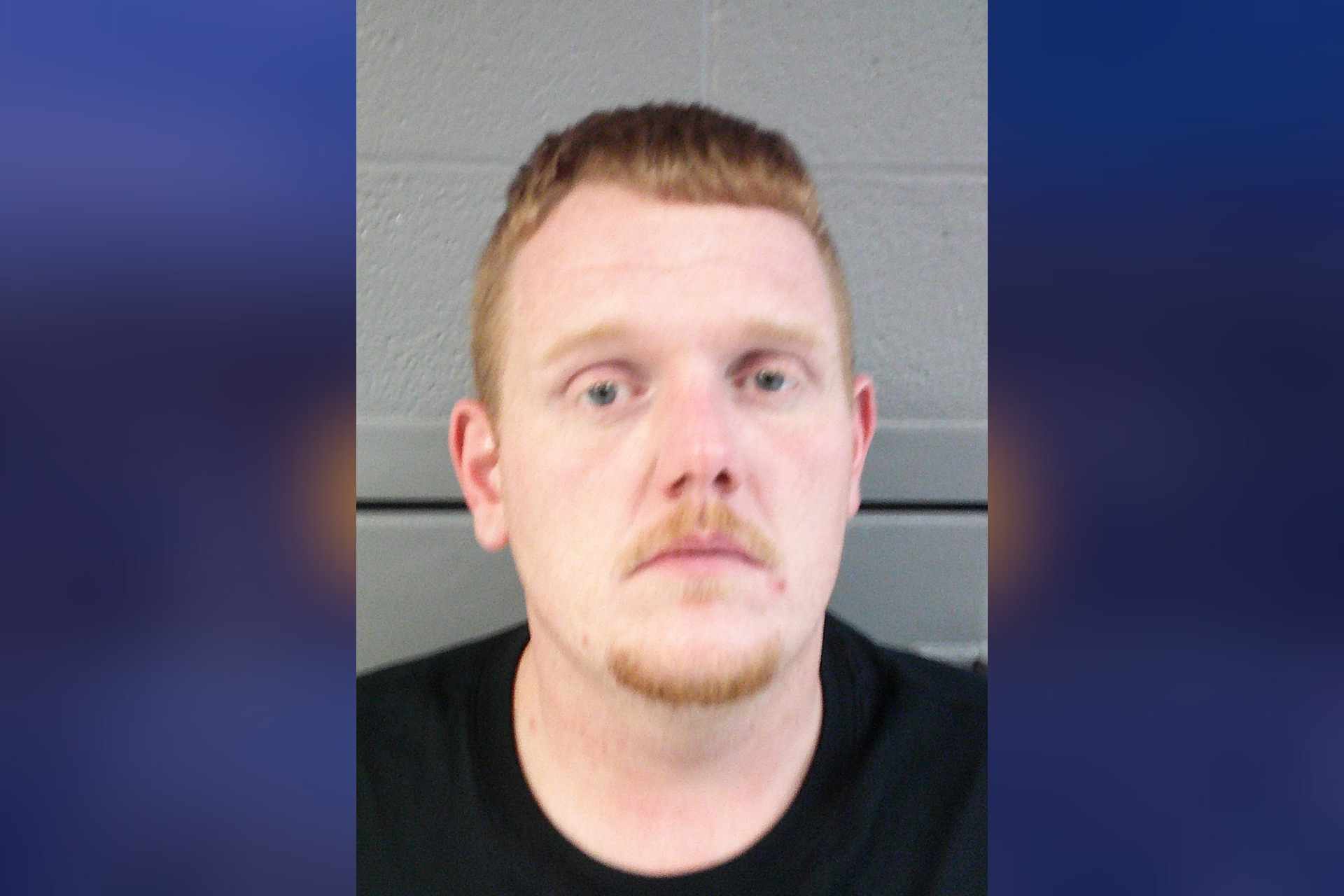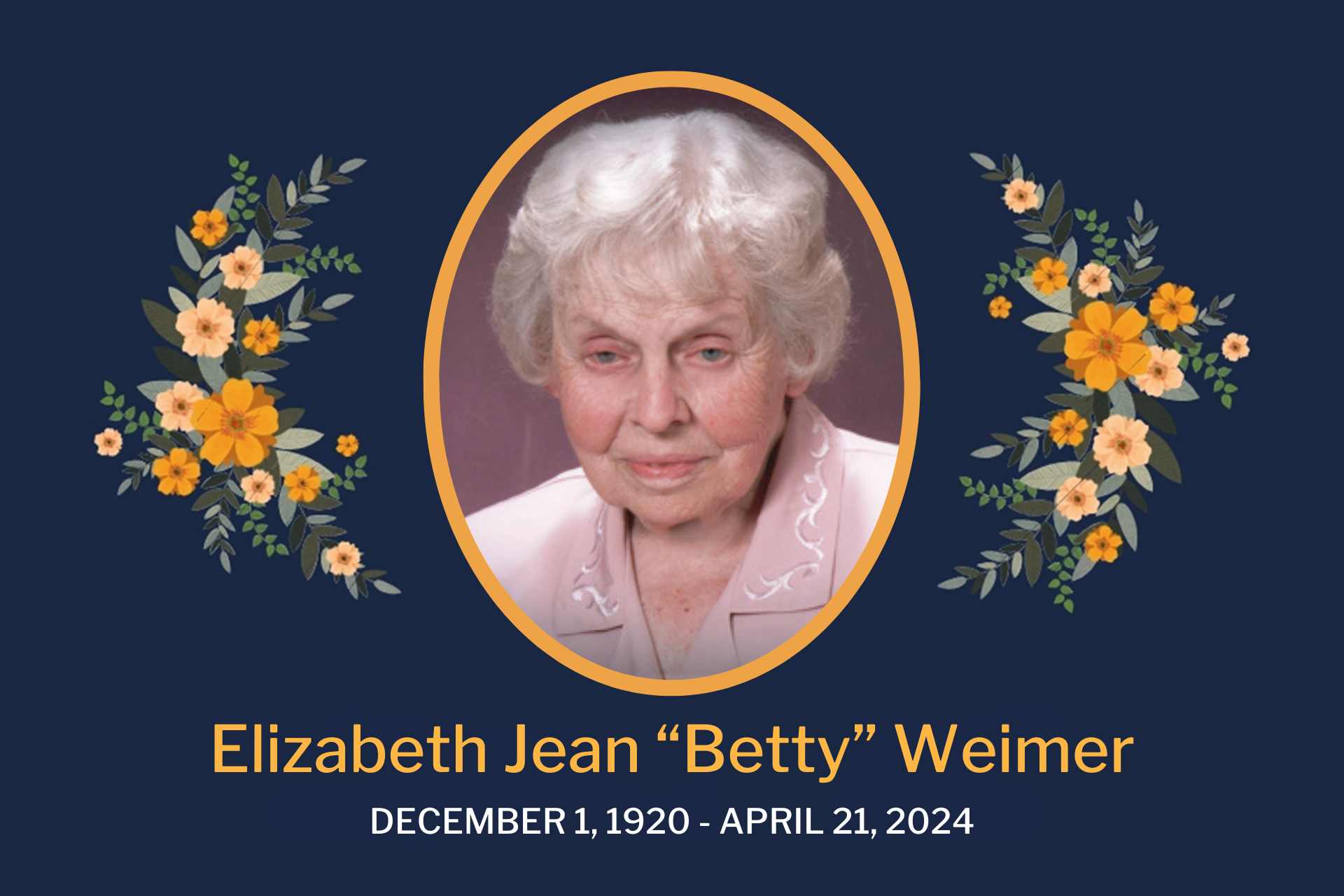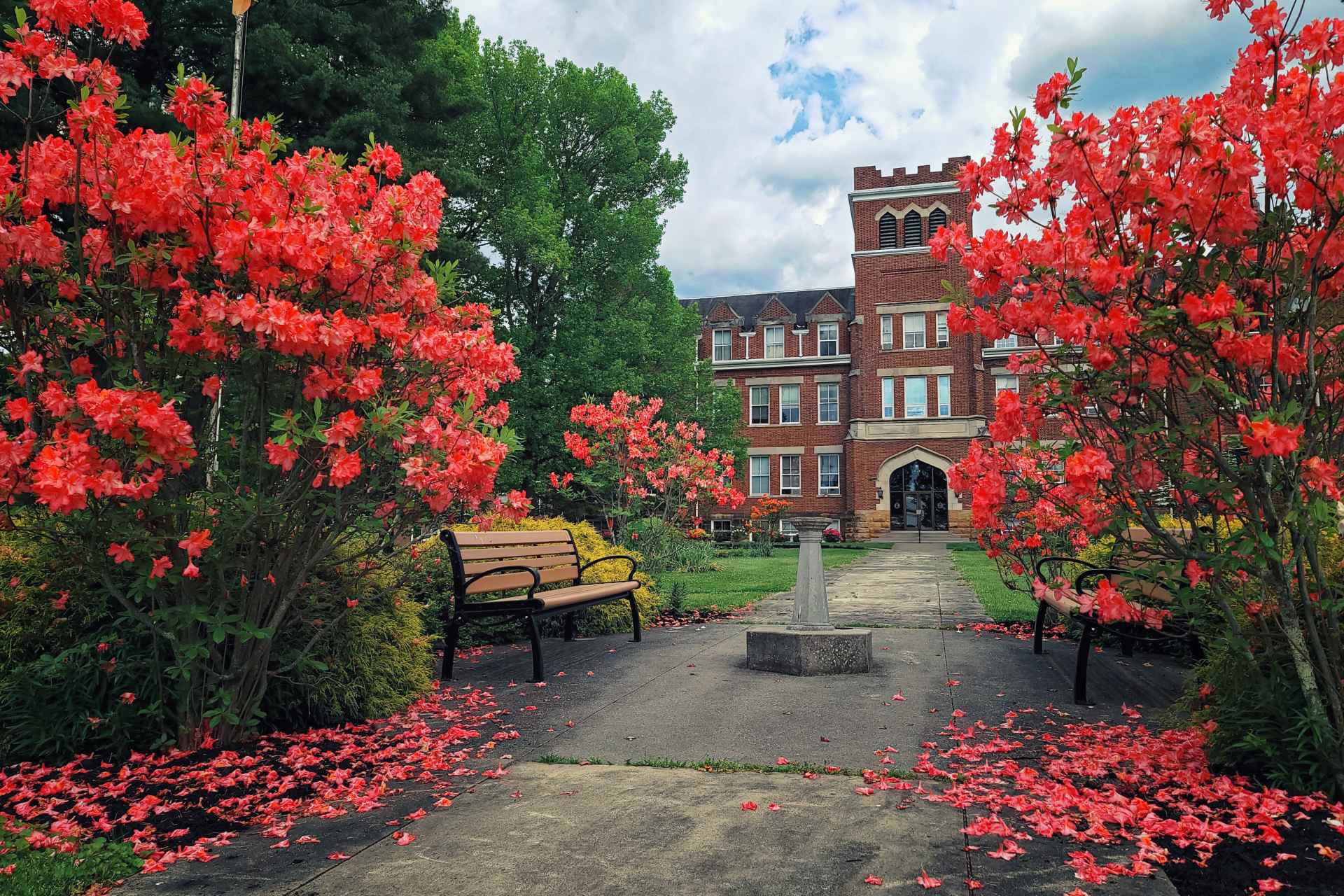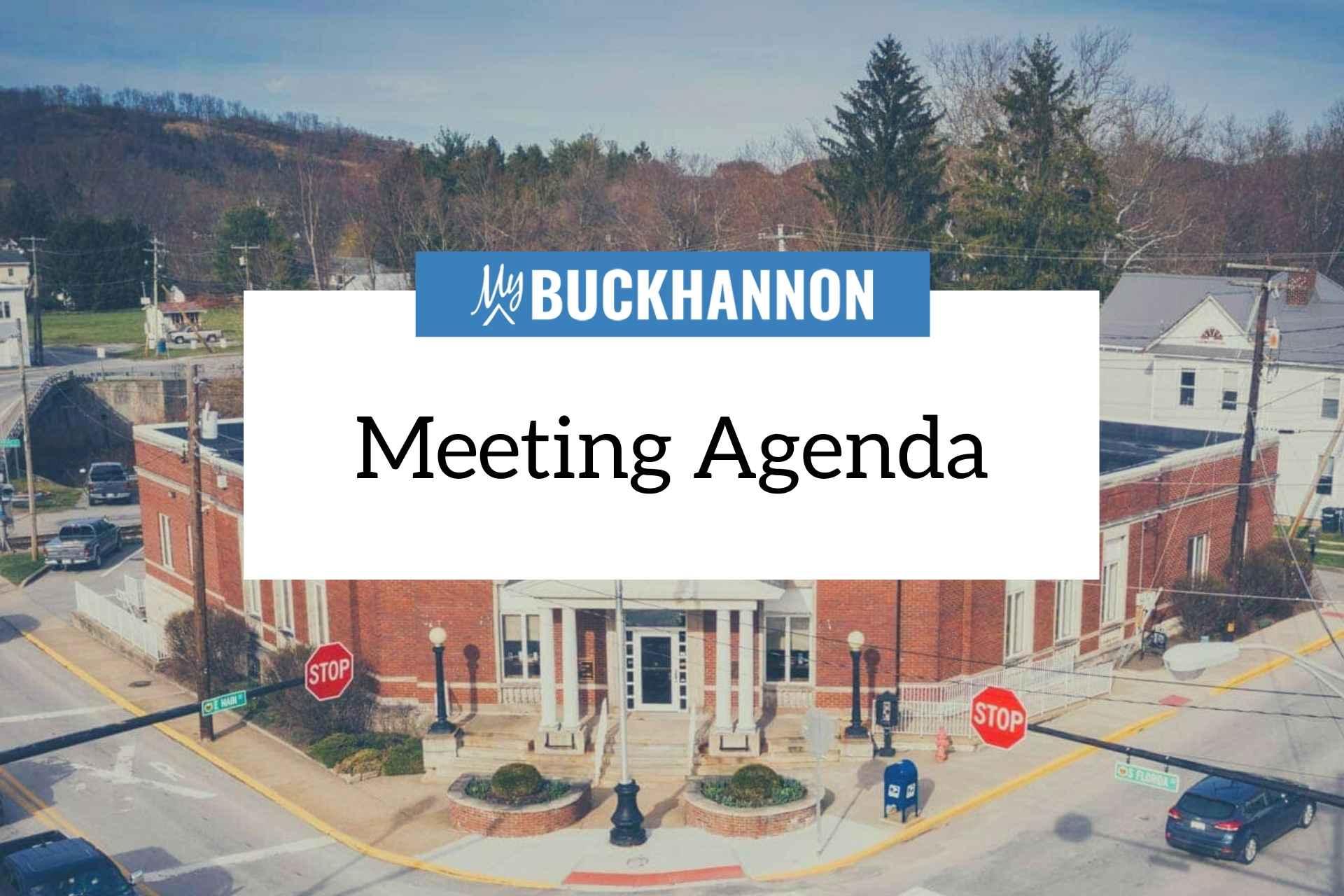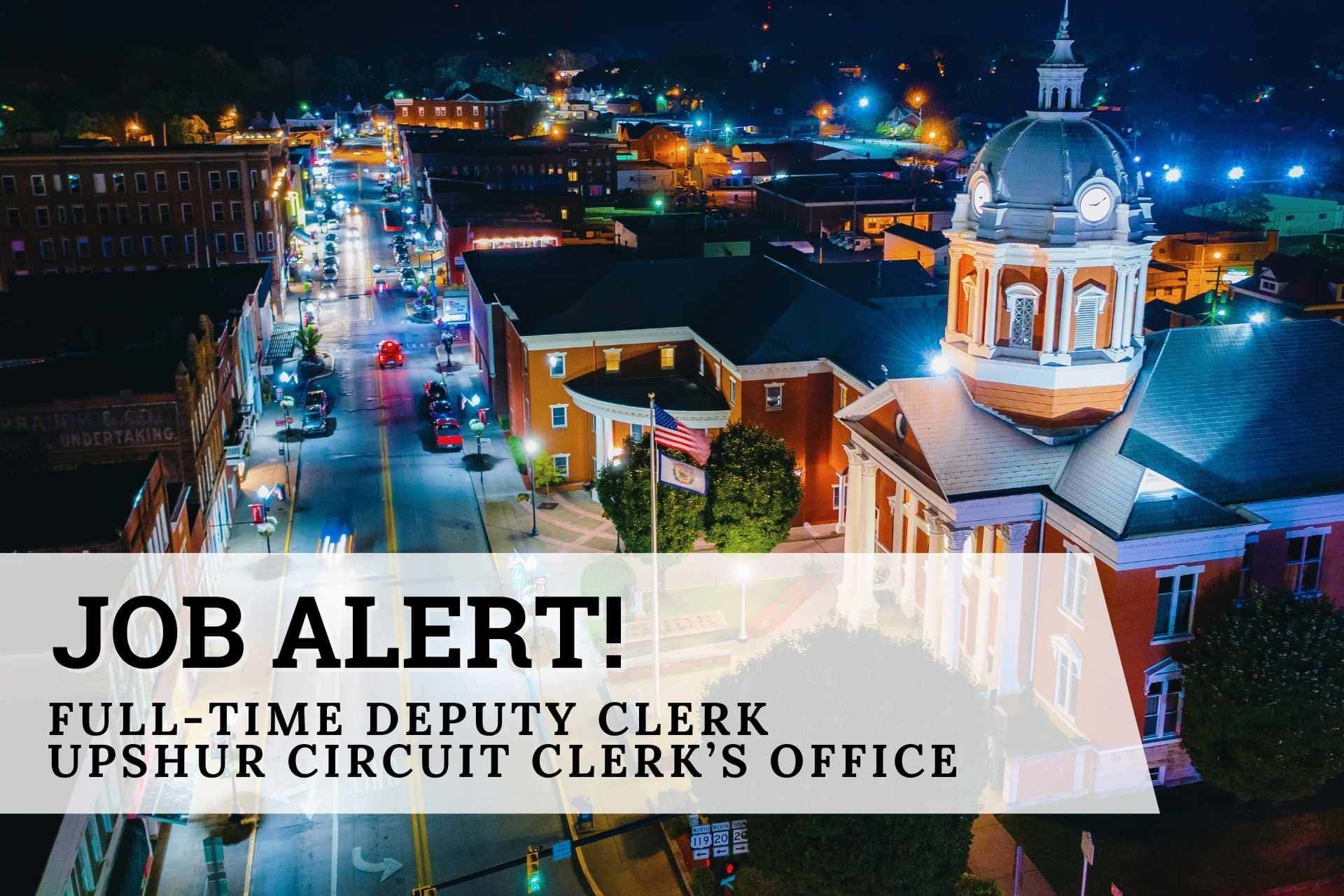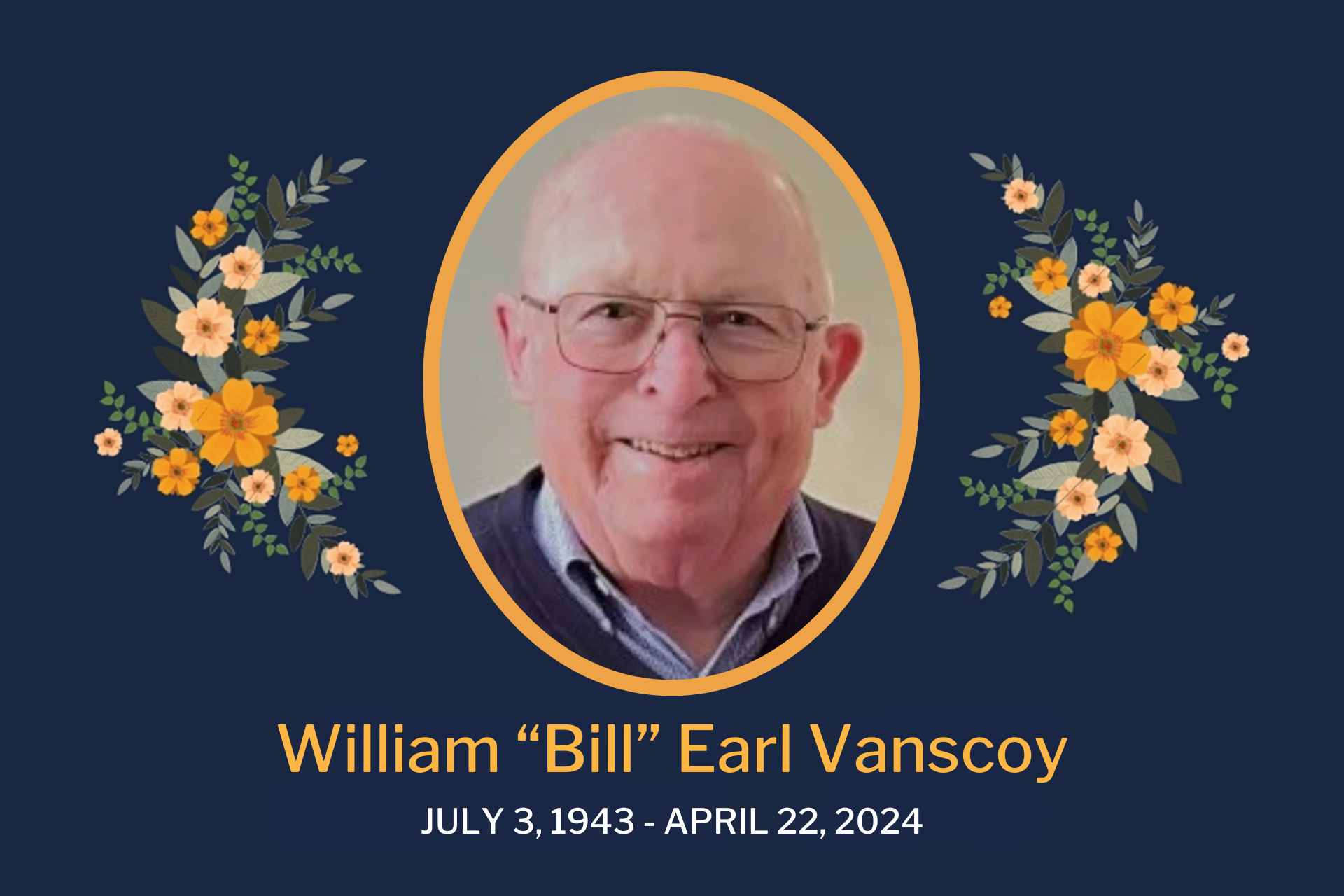BUCKHANNON – A Thurman Avenue resident told Buckhannon City Council Thursday that Thurman Avenue, Cleveland Avenue and other sections of North Buckhannon are persistently plagued by the addiction epidemic – and that the problem has grown notably worse over the past three years.
Faye Huddleston, who signed up to speak at Thursday’s council meeting, said she no longer feels safe on her street, requested an increased police presence in the area and suggested a neighborhood watch program or some similar measure be implemented.
“I think you’re all aware that we have a severe drug problem here, but we need to get something going and do something about this, instead of just saying, ‘Yeah, we’ve got the drug problem, it’s there,’” Huddleston said. “We need a plan.”
She suggested neighborhood watch programs be instituted.
“I feel we aren’t doing anything about it,” she said. “Thurman Avenue and Cleveland Avenue are so bad … the breaking-and-entering and the stealing is going on, and it’s really bad. When you see an ongoing influx of people in a house every day, 50 people and more – and all the bicycles, and all the backpacks – it doesn’t leave much to the imagination.”
“I don’t know if you’ve been over on Cleveland Avenue or Thurman Avenue lately, but it’s hell,” Huddleston added. “I feel we need more of a police presence.”
Mayor David McCauley told Huddleston and several other residents who’d accompanied her that the Buckhannon Police Department has partnered with Lewis County and other surrounding counties to establish a multi-district drug task force, the Mountain Lakes Drug and Violent Crimes Task Force.
“I don’t want to divulge all of the strategies of the task force, but these undercover operations oftentimes take time and then, all of a sudden, there will be 25 or 30 people indicted relative to the drug issue,” McCauley said. “The other thing that we did a year or so ago – and there was a lot of controversy surrounding it – was we adopted a drug house ordinance. City attorney Tom O’Neill could tell us more about that, but, in essence, if there’s a problematic, repetitive property, the police have the opportunity to go to our municipal court and to put the landlord on notice about the tenants.”
Huddleston said that measure might prove helpful.
McCauley said he’d arrange a meeting with Huddleston and Buckhannon Police Chief Matt Gregory prior to council’s next regular meeting Sept. 19.
“Matt Gregory is our police chief and he speaks at the third Thursday meeting, and maybe in advance of that, we could sit down with Chief Gregory and make more specific these issues that you’re experiencing over there,” the mayor said. “We have stepped up patrols, we are part of a task force, we have written a couple of letters to repetitive problematic property [owners] and if you identify those for us, we’ll definitely [act on that information].”
Councilman Robbie Skinner asked Huddleston to give a timeline of when she’d noticed an escalation in drug-related activity, and she replied that within the last three years, it had increased markedly.
“Within the last three years, it’s gotten particularly bad,” Huddleston said. “It’s just nonstop – you don’t get any peace from it … And they sort of went to bicycles in the past three years, and if you drove down and looked at the place that I’m talking about, you would think they were selling bicycles, and usually about nine o’clock at night, they’re all lining up there, like 16 of them, with their backpacks. Now, I think I know what’s in the backpacks because they all have them.”
McCauley assured her action would be taken.
“We’ll get the right folks’ attention,” he responded. “We will find the time in advance of the next city council meeting to work with your schedule.”

McCauley, Skinner and councilwoman Mary Albaugh thanked Huddleston for her comments.
“It takes guts to come in here and say what you said, and I’m proud of you,” Albaugh said.
When My Buckhannon contacted Gregory in reference to police work and patrols in the North Buckhannon area, the police chief said the area is monitored regularly.
“During all of our shifts, on a daily basis, we patrol as much of the city as possible,” Gregory said. “This is barring any active investigations.”
Gregory explained it’s difficult for smaller, rural departments like the BPD to focus solely on patrolling because every officer has numerous responsibilities, including responding to calls and investigating pending cases.
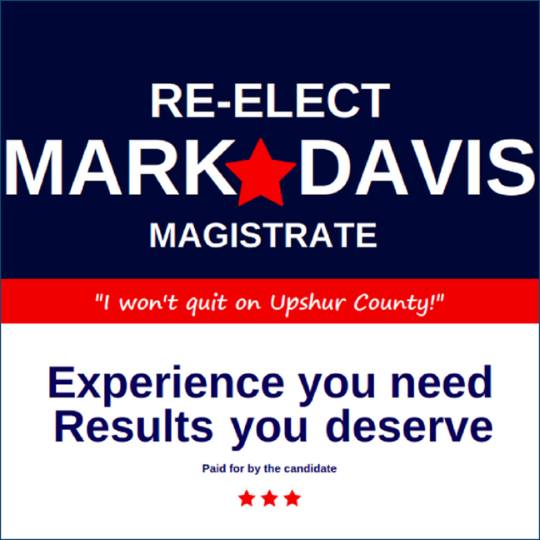
“By virtue of being small agency, we have a number of different responsibilities, so we’re not able to have a designated person or people just patrol or just investigate,” he said. “We can’t compartmentalize like that. We have to answer calls, investigate cases and balance that with police coverage and patrol throughout our city.”
The police department has been made aware of drug-related issues in North Buckhannon via complaints and investigations; however, Gregory said the problem is not limited to Thurman and Cleveland avenues.
“It’s not isolated to that area,” he said. “It’s a systemic problem in our nation, and we do our utmost to address those issues through patrol and through investigations. Unfortunately, we don’t get everybody, but we try to be proactive.”
Gregory said establishing a case against an individual or individuals is often more tedious and time-consuming than one might think.
“We have seen some arrests, and when we investigate complaints, we do so in the vein of doing it the right way,” he said. “We follow the U.S. Constitution and there are different statutes in places. When we make arrests, we don’t want to make mindless arrests. We want to make sure we have good cases, and we’ll continue to do so.”
Gregory said people may submit anonymous tips through the BPD’s website, and officers are willing to meet with concerned residents. (To leave an anonymous tip, visit www.buckhannonpolice.com and click on the ‘Contact Us’ tab.)
“By and large, whether it’s a drug crime or something else, most cases that are solved by arrest are typically solved because somebody has told us something,” he said. “They’ve given us a valuable piece of information and because of that, we were able to put pieces of the puzzle together. We invite that type of rapport with the community.”
Gregory, who’s a member of the board of directors of the drug task force, said he’s pleased with the work the unit has accomplished thus far.
“I’m personally quite pleased with the response have been able to achieve,” he said. “Does that mean that all our problems are solved? No, but we’ll continue to meet to work together to share information.”





